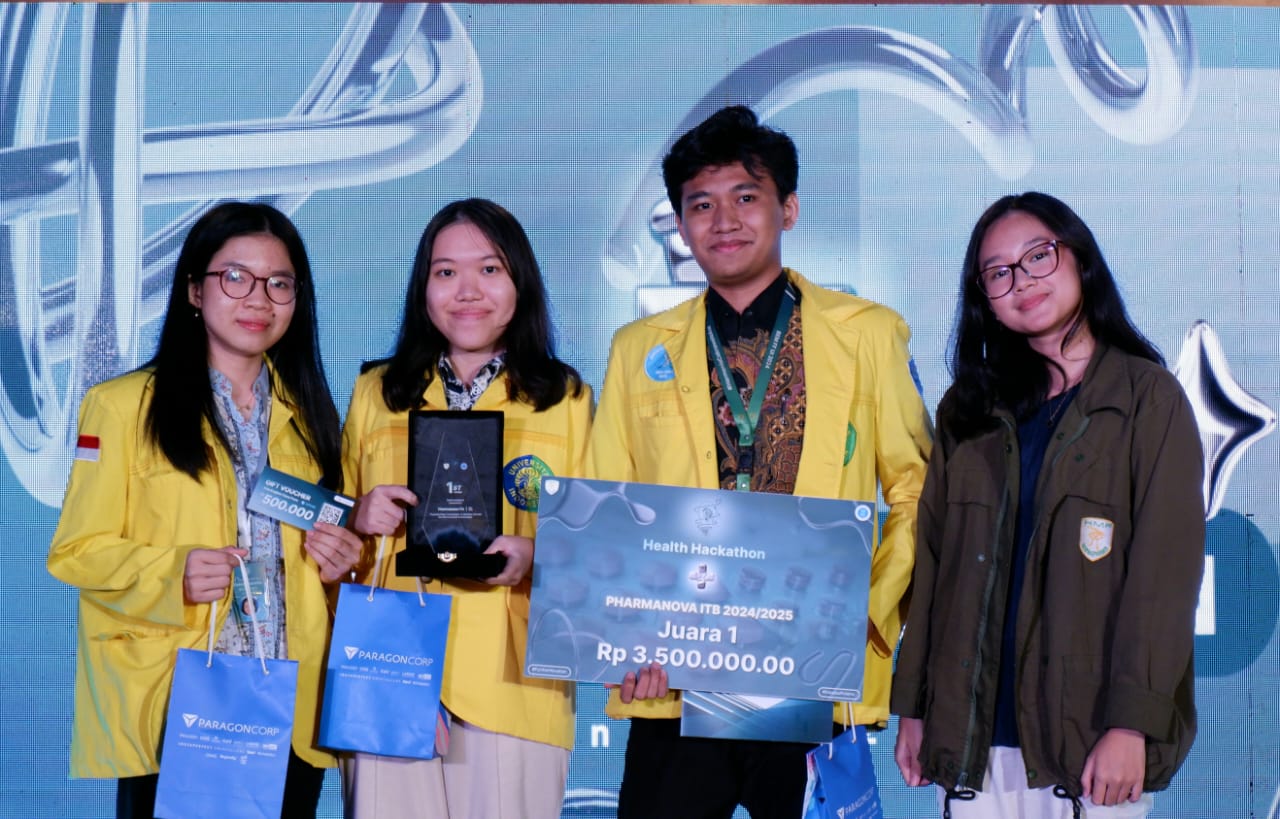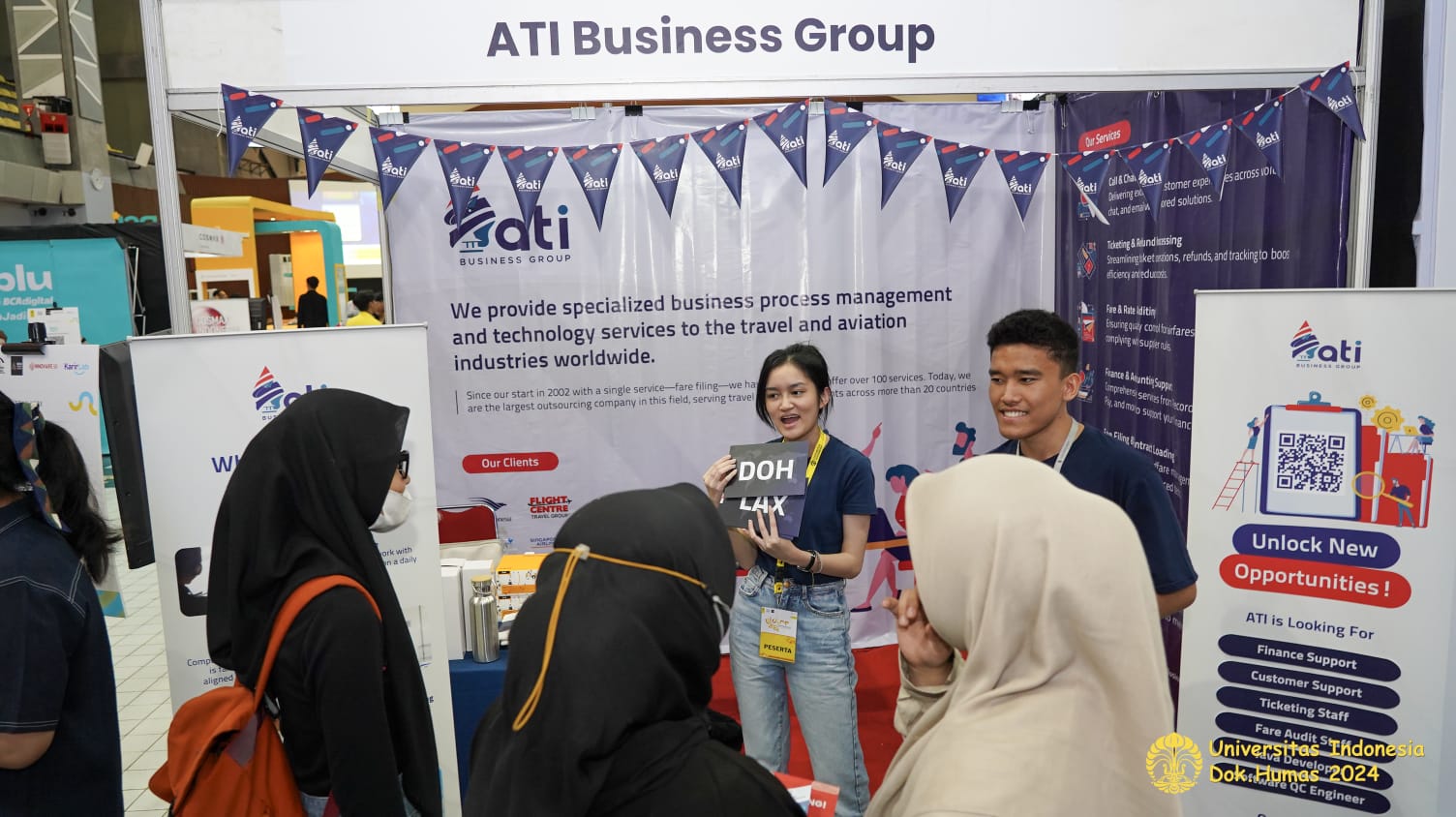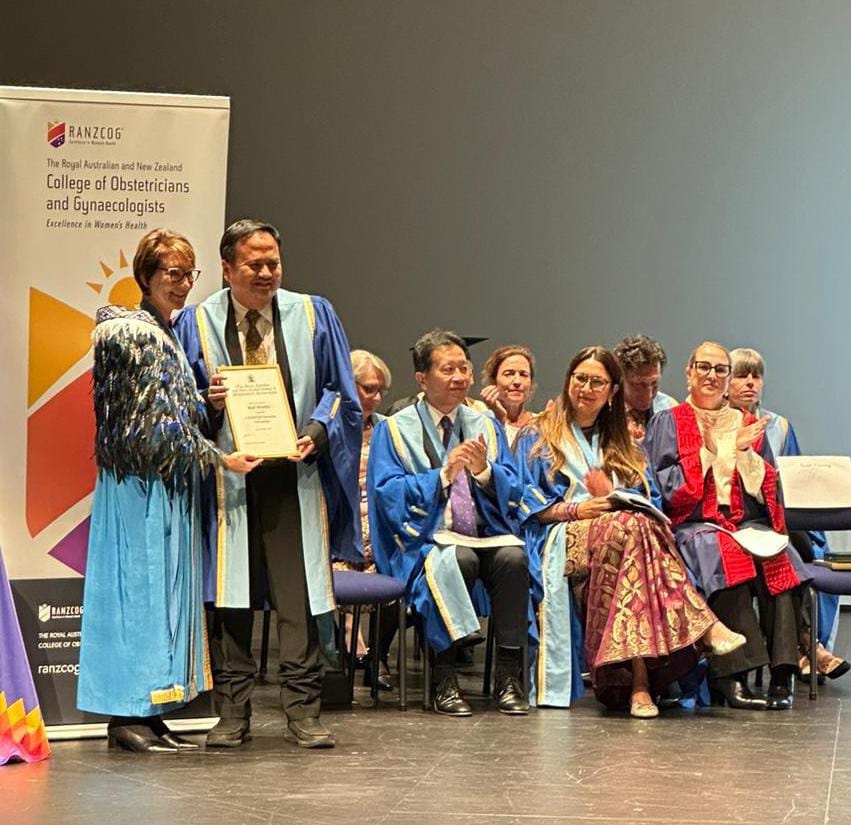For the younger generation, issues of sustainable development, natural resources, the environment, and energy are vital because they are related to their future. Development in sustainability will support a balance between the necessities of current and future generations, including non-exploitative management of natural resources and equitable distribution of benefits to Indonesian society.
On the other hand, the need for economic growth and industrialization often clash with the demands of sustainability principles and energy transition. Therefore, a leader must understand sustainable development, including balanced economic growth, environmental protection, and social justice. Faculty of Social and Political Sciences UI had a discussion with young spokespeople for the 2024 Presidential Candidates of Indonesia.
The second series of Youth Talks, initiated by the Department of International Relations Faculty of Social and Political Sciences UI, brought a theme on sustainable development, natural resources, environment, energy, food, agricultural affairs, indigenous communities, and villages. It took place at the Communication Auditorium UI on Thursday (25/1). Young spokespeople from each candidate were present: Andi Wirapratama (Young Spokesperson for the National Team Anies-Muhaimin), Astrio Feligent (Young Spokesperson for TKN Prabowo-Gibran), and Indah Lestari (Political Executive Member 5.0 TPN Ganjar-Mahfud).
Dean of the Faculty of Social and Political Sciences UI, Prof. Dr. Semiarto Aji Purwanto, said this issue will impact Indonesia’s future. “Youths are the future generation who will be affected by the consequences of environmental damage, global warming, and irresponsible land use. Our leaders’ choices today will impact our lives and future generations,” said Prof. Aji.
He added that climate change, deforestation, pollution, and unsustainable practices threaten not only the balance of ecosystems but also the structure of society. “As Indonesian citizens, it is our responsibility to voice our concerns and call for responsible and sustainable policies,” said Prof. Aji.
As a young spokesperson for the Anies-Muhaimin National Team, Andi said that the current environmental problems are rooted in using natural resources that are not appropriate for their size. Several policies need to be reviewed and adapted to conditions in the field.
Andi further said that ideas related to downstream, equal distribution of natural resources, and the transition to clean energy must be implemented immediately. “For food cases, Anies-Muhaimin formulated policies, such as land intensification and farmer welfare. Villages in Indonesia also need to be independent and advanced. Communities, including traditional communities and villages, must guarantee justice in land redistribution,” said Andi.
Meanwhile, Prabowo-Gibran spokesperson, Astrio Feligent, said that Indonesia needs to move towards a Golden Indonesia and a Green Indonesia. “Currently, the world is undergoing a deglobalization phenomenon. Many countries are trying to return to their domestic focus,” said Astrio. He explained that Indonesia is also threatened by a climate and food crisis due to 3 things such as climate change, agricultural land use of almost 100,000 hectares per year, and the uncertain geopolitical situation.
“The solution proposed by Prabowo-Gibran to tackle the food crisis is extensification and intensification, which can be achieved with food barns. We need to expand the harvest area to solve this problem and create continuity with the state existence program called Land for Agrarian Reform Objects, where the land can and will be distributed to farmers. “Regarding the climate crisis, carbon offsets can be a solution through reforestation of forests in Indonesia and electrification, or using electrical energy,” said Satrio.
In contrast to spokesperson Ganjar-Mahfud, Indah opened the dialogue by reviewing Indonesia’s position in global indices. Indah explained that the Ganjar-Mahfud duo also prioritizes the vision and mission of human development, supported by mastery of science and technology and independent economic growth based on knowledge and realizing a green economy. “To support this vision and mission, Ganjar-Mahfud’s work program will focus on the welfare of farmers and fishermen, cultivating climate-conscious villages, and completing agrarian reform. The rule of law is an instrument that supports implementing these programs,” said Indah.
She also said that the future development paradigm must not only focus on conservative economic components (consumption, government spending, investment, and exports and imports) but also include social and environmental aspects (emissions). Therefore, Ganjar-Mahfud offers a vision Toward a superior Indonesia: Fast action to realize a fair and sustainable Indonesia.
The discussion between the three millennial spokespeople and students was guided by Kirana Virajati as moderator. This discussion involved students and young academics. With a dynamic discussion flow and relaxed atmosphere, this discussion raised various issues that aligned with the theme presented. Several students who responded to this discussion were Kynan Tegar (Anthropology student), Chris Wibisana (International Relations student), Arsya Malika Atmaja (Sociology student), and Safriska Desna (Master’s student).



